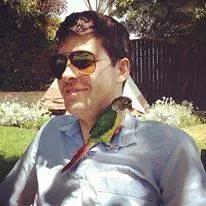In order to talk about age, we need to use the counter 歳. Please note that 歳 is only used for talking about the age of living things like animals and humans. You would not, for example, say: あの車は何歳ですか?.
As with the previous counter words you have learned, 歳 has several irregularities in how it is read in combination with certain numbers, as shown in the table below.
| English | Japanese |
|---|---|
| one year old | 一歳issai |
| two years old | 二歳nisai |
| three years old | 三歳sansai |
| four years old | 四歳yonsai |
| five years old | 五歳gosai |
| six years old | 六歳rokusai |
| seven years old | 七歳nanasai |
| eight years old | 八歳hassai |
| nine years old | 九歳kyuusai |
| ten years old | 十歳jussai |
| eleven years old | 十 一歳juu issai |
| twenty years old | 二十歳hatachi |
| thirty years old | 三十歳sanjussai |
As you can see, twenty years old is an exception, and after that counting tens continues as expected.
Below are several example sentences relating to age.
| English | Japanese |
|---|---|
| How old are you? | あなた は 何歳 です か?anata wa nansai desu ka? |
| I am 40 years old. | 私 は 四十歳 です。watashi wa yonjussai desu. |
Your questions are stored by us to improve Elon.io

